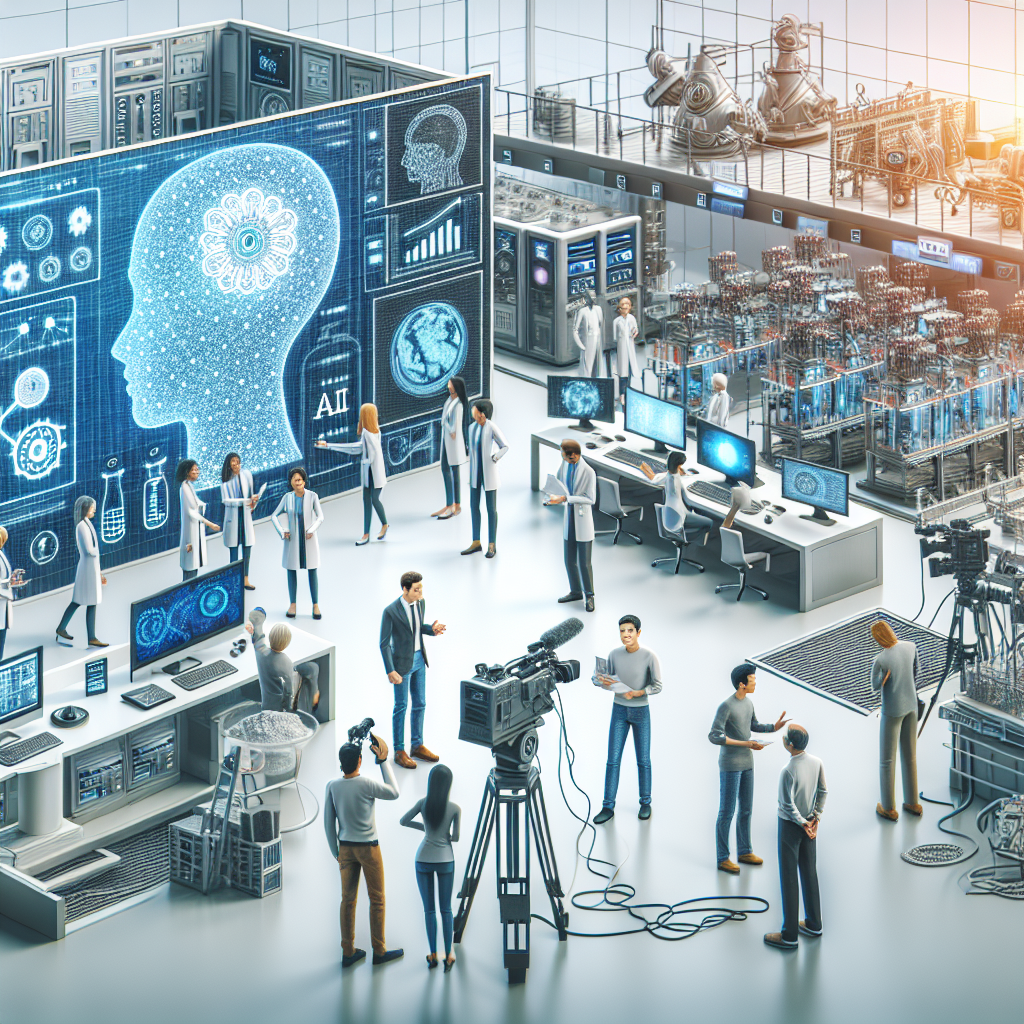Inside DeepMind: 60 Minutes Explores AI Breakthroughs
In 1997, IBM’s Deep Blue shocked the world by defeating world chess champion Garry Kasparov. It was a defining moment: a machine outthinking a man. Fast forward to today, and artificial intelligence has moved beyond board games into realms once considered uniquely human. In a recent segment titled “Inside DeepMind: 60 Minutes Explores AI Breakthroughs,” CBS pulls back the curtain on one of the world’s most ambitious AI labs—DeepMind. The program dives deep into how DeepMind’s groundbreaking advances could shape everything from medicine to mathematics.
Redefining Intelligence: DeepMind’s Mission
Founded in 2010 and acquired by Google in 2014, DeepMind has one central mission: solve intelligence, and then use that to solve everything else. On 60 Minutes, viewers witnessed firsthand how DeepMind is pushing the boundaries of what’s possible through artificial general intelligence (AGI)—a system that can learn and perform any intellectual task a human can.
During the segment, DeepMind executives and scientists showcased tools like AlphaFold, an AI that solved a 50-year-old biological problem by predicting protein structures, and AlphaCode, designed to write and debug code with minimal human input. These aren’t just proof-of-concept models—they’re already being used in real-world applications.
From Alphabet’s Research Lab to Real-World Impact
One of the key takeaways from the segment was how much DeepMind’s technology is already influencing sectors like healthcare and climate modelling. Working alongside the UK’s National Health Service, DeepMind developed algorithms to predict patient deterioration in hospitals, which could revolutionize emergency care and diagnostics.
What’s more, its AlphaFold model is aiding researchers across the globe. By predicting the shape of proteins, a key puzzle in drug discovery, DeepMind is helping scientists develop treatment options faster and potentially unlock cures for diseases previously considered untreatable.
Ethics, Transparency, and the Future
The 60 Minutes investigation also probed questions of ethics, transparency, and control. As DeepMind inches closer to AGI, tension emerges between scientific innovation and global responsibility. Company leaders emphasized the importance of guided development, ensuring that AI tools don’t just benefit the few, but are aligned with human values.
DeepMind has instituted an ethics board, transparency protocols, and publishes its research openly. Still, the larger AI community—and the world—watches closely. How far can we go, and should we?
What Does It Mean for You?
While AGI might still feel abstract to many, its influence is steadily filtering into daily life. Search engines, recommendation systems, personal assistants, and diagnostic tools all use versions of AI developed through advanced research like DeepMind’s. For professionals, businesses, and policy makers, understanding AI’s trajectory isn’t optional—it’s essential.
As explored on 60 Minutes, DeepMind isn’t just writing code—it’s rewriting the rulebook of the future.
Key Highlights from the 60 Minutes DeepMind Segment:
- AlphaFold: Revolutionary AI for predicting protein structures
- AlphaCode: A code-generating AI that may reshape software engineering
- AI diagnostics piloted in partnership with the UK’s NHS
- Ongoing discussions around AGI and ethical AI development
To learn more about this segment and view exclusive interviews, visit the CBS 60 Minutes official website.

